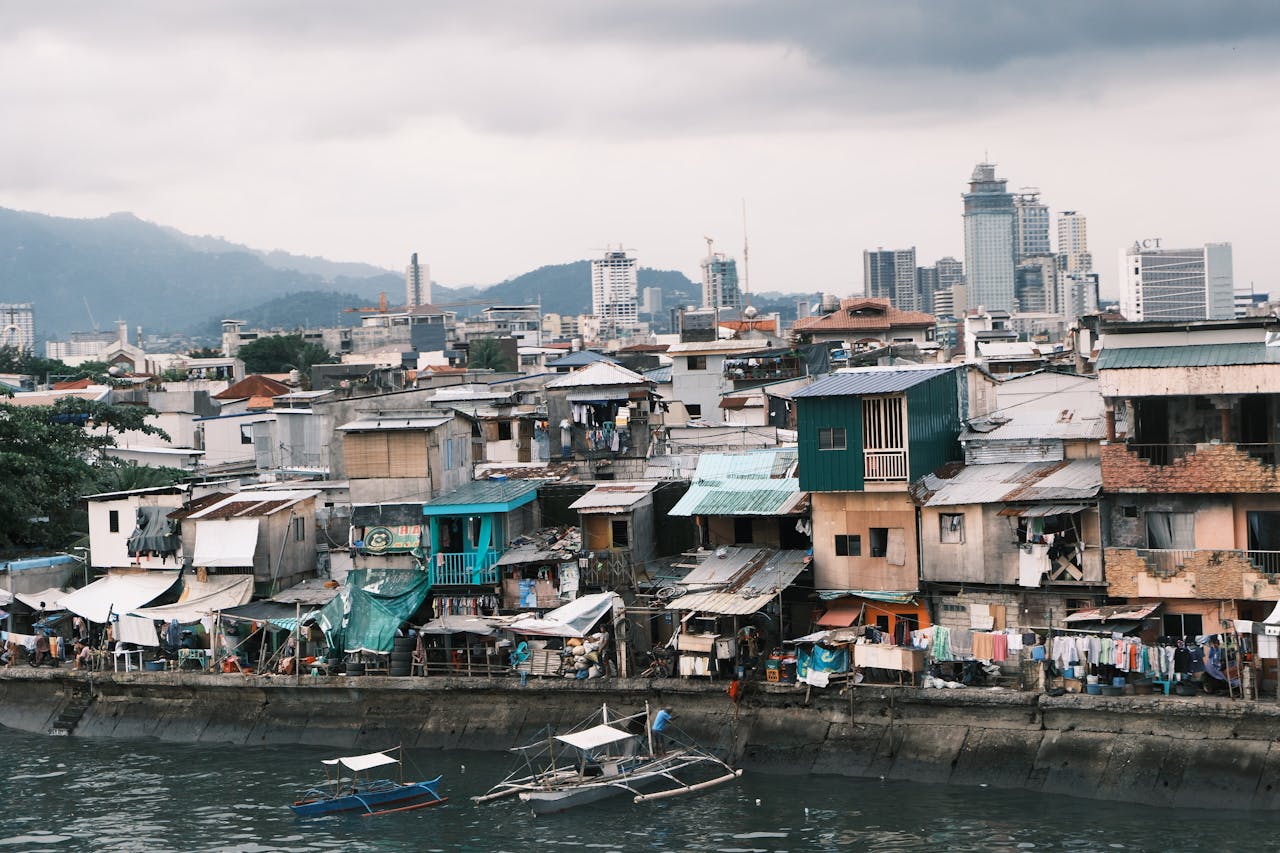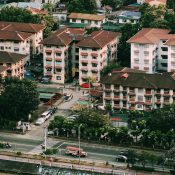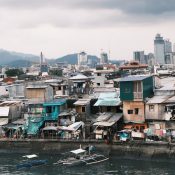
Transformation of Slums / Informal Settlement Upgrading
A New Chapter: Transforming Informal Settlements and Upgrading Slums in Kenya (2025)
Addressing the challenges of informal settlements and improving the living conditions of slum dwellers is a critical aspect of Kenya’s broader housing and urban development agenda. In 2025, government-backed projects aimed at transforming these areas are gaining prominence, offering residents new hope through the provision of modern housing equipped with essential amenities. The initiatives in areas like Mukuru in Nairobi exemplify these efforts, marking a significant step towards more inclusive and dignified urban living.
The Imperative of Slum Upgrading:
Informal settlements in Kenya, like in many rapidly urbanizing countries, are often characterized by:
- Inadequate and insecure housing structures.
- Lack of access to basic services such as clean water, sanitation, and electricity.
- Overcrowding and poor environmental conditions.
- Limited access to social amenities like schools and healthcare.
- Insecure land tenure for residents.
Slum upgrading initiatives are vital not only for improving the quality of life for millions but also for fostering more equitable, sustainable, and economically vibrant cities.
Spotlight on Mukuru: A Case Study in Transformation
The transformation efforts in the Mukuru informal settlement in Nairobi have been a focal point of recent discussions. These government-backed projects involve:
- Provision of Modern Housing: Replacing dilapidated shacks with newly constructed, more durable, and safer housing units.
- Improved Amenities: A key feature of these upgraded homes is the inclusion of essential amenities that were previously lacking or inadequate. Residents in projects like Mukuru are celebrating access to:
- Reliable piped water supply.
- Proper individual or shared toilets and sanitation facilities.
- Access to clean cooking gas, reducing reliance on polluting traditional fuels.
- Official Handover Ceremonies: The significance of these projects is often marked by official handover ceremonies, sometimes presided over by high-level government officials, including the President. These events symbolize a “new chapter” for the residents and underscore the government’s commitment to these initiatives.
Link to the Broader Affordable Housing Agenda:
While the national Affordable Housing Program (AHP) aims to address the overall housing deficit, specific slum upgrading projects represent a targeted approach to tackling the most acute housing needs in vulnerable communities. These initiatives often involve complex processes of community engagement, relocation (where necessary and ideally with fair compensation), and infrastructure development.
Challenges in Slum Upgrading:
Transforming informal settlements is a complex undertaking, often facing challenges such as:
- Scale of the Problem: The sheer number of people living in informal settlements can be overwhelming.
- Land Tenure Issues: Resolving complex land ownership and tenure rights is often a prerequisite.
- Community Participation: Ensuring meaningful participation of residents in the planning and implementation process.
- Relocation and Displacement: Managing the sensitive issue of relocating residents during upgrading, and ensuring fair compensation and alternative accommodation, remains a concern in the broader AHP context.
- Financing: Securing adequate and sustained funding for these large-scale projects.
- Sustainability: Ensuring the long-term maintenance and management of the upgraded settlements and new housing.
A Path Towards Inclusive Cities:
Despite the challenges, the ongoing efforts in slum upgrading, as seen in Mukuru, are a positive sign. They represent a commitment to creating more inclusive urban environments where all citizens have access to decent housing and basic services. These projects not only improve physical living conditions but also aim to enhance social and economic opportunities for residents, contributing to the overall well-being and development of Kenya’s cities. The success of these initiatives will be crucial in shaping a more equitable urban future for the nation.




